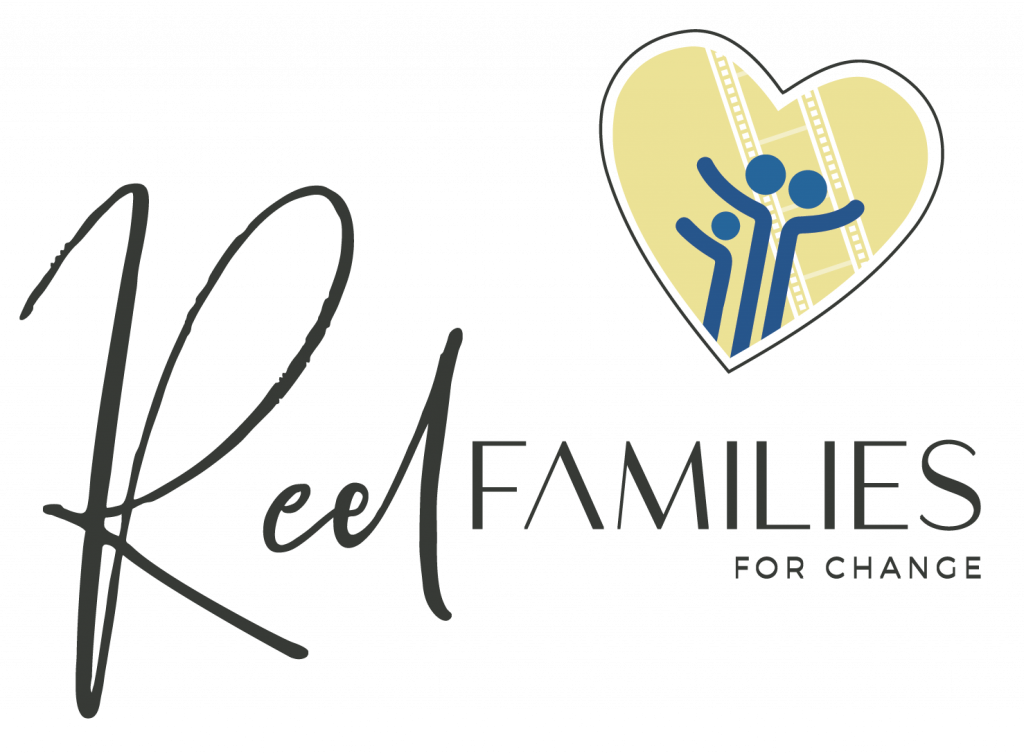Crafting a culture of care
RFC's Journey to Industry-Wide Sustainable Production
Written by Akima A. Brown
In the screen industry, where captivating stories come to life, there exist significant challenges related to work-life integration and the lack of support for caregivers. Reel Families for Change (RFC) is a pioneering organization dedicated to addressing these issues and promoting work-life equity in the industry. By centering care and advocating for sustainable production practices, RFC aims to create an environment where all individuals are valued and supported both on-set and off.
During times of crisis, such as strikes or the absence of caregiver support, RFC steps up to provide emergency resources and assistance to those affected. One such initiative is the Screenworkers’ Family Care Grant, which helps screenworkers with families who face financial hardships due to the high costs of care. While this grant offers immediate relief, RFC recognizes the need to advocate for long-term sustainable solutions that resolve the more deep-seeded, pervasive issues of access to opportunity, care support, and a living wage.
While immediate assistance is crucial, RFC’s mission extends beyond short-term relief. The organization aims to effect lasting change by advocating for work-life equity and inclusivity in the screen industry.
By shifting the narrative and emphasizing the significance of care, RFC strives to create a supportive and inclusive work environment that values the well-being of all individuals.

At RFC, we recognize that creating and maintaining genuine, effective change requires that we not only change practices but alter the principles that inform them. For instance, when educating decision-makers and industry stakeholders about the value of work-life equity, we highlight the importance of hearing from one’s entire team, not simply department heads.

To achieve the work-life equity we desire, it’s imperative to promote sustainable production practices that prioritize the well-being of all screen industry stakeholders. By embracing equitable practices, the industry can reduce the persistence of “us-them” ideologies.
We’ve learned from our work that taking a more collective, sociocratic approach decreases the likelihood of work stoppages, walkouts, and burnout, fostering a healthier and more productive work environment.
Sustainable production involves valuing the voices of screenworkers, acknowledging their diverse needs, and implementing supportive policies that facilitate work-life balance. It centers workers’ personal wellness and ensures a professional environment in which they can thrive.
Since the pandemic, the emphasis of worker wellness has been on the rise. Indeed, several studies have since emerged stating that work-life integration is tantamount to worker wellness. Indeed, leaders who desire to attract and retain key talent are finding it is not a luxury but a necessity, especially for caregivers. Many talented individuals struggle to balance their professional commitments with personal and family responsibilities. This burden disproportionately affects certain groups – namely those identifying with multiple marginalized populations, which further perpetuates inequities in the workplace.
When working with us, our clients learn how to effectively design and implement lateral and inverted leadership models that foster safe spaces for their “least powerful” and most vulnerable workers to share ideas and contribute to solutions-building. By raising awareness and simultaneously challenging existing perceptions, we aim to create a culture that understands the vital role of care in the success and well-being of screenworkers.
Achieving work-life equity in the screen industry is a multifaceted endeavor. From our sustainable production training and executive coaching programs to our subgrants and initiatives to close workplace achievement gaps for BIPOC creatives, we strive to prioritize the well-being of screenworkers and supporting caregivers. Our ability to achieve workplace justice and secure the industry-wide adoption of sustainable production practices means actualizing a future where the screen industry values and supports individuals, both personally and professionally.
The screen industry has the power to entertain and inspire audiences worldwide, but it also bears the responsibility to create an equitable and inclusive work environment. With organizations like ours leading the way, we believe that work-life integration for screenworkers is imminent.
Want to help bring the well-being of screenworkers is within reach?
Get in touch today! We’d love to learn what you’re up to and find ways to support.
From consultations, coaching, and commissioned research to training, production planning, and public speaking – we’ve got you covered.





